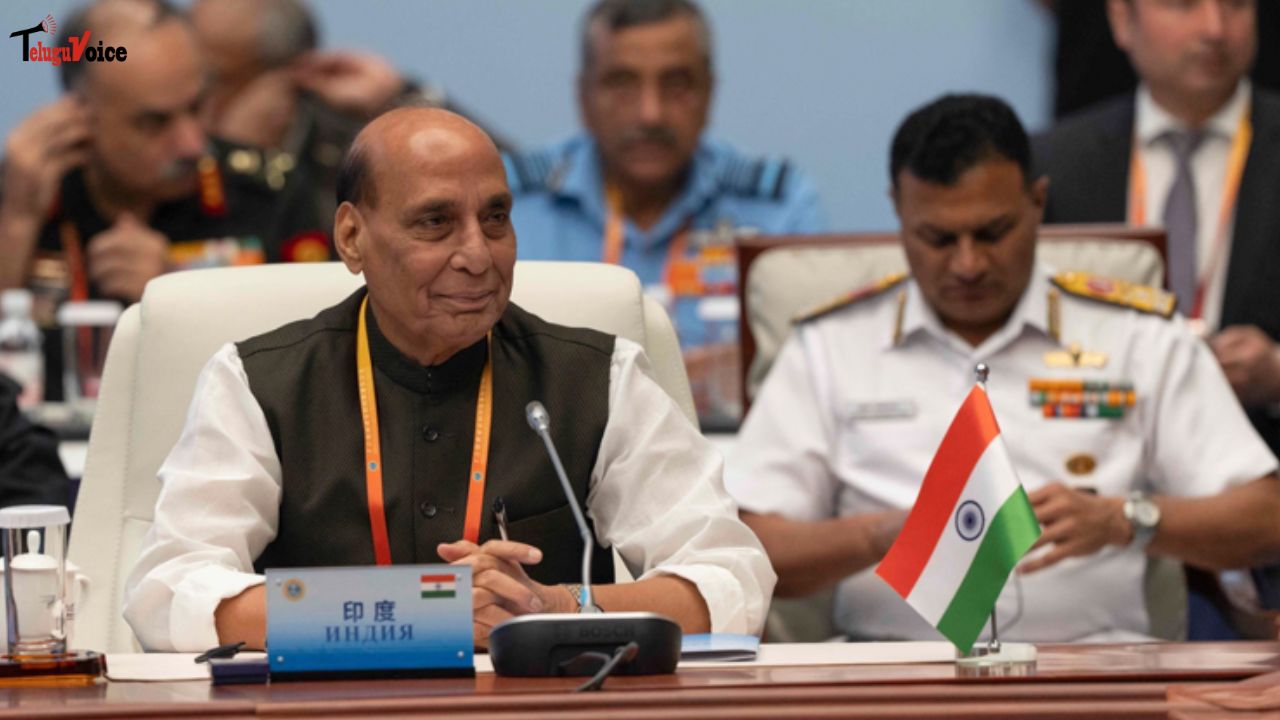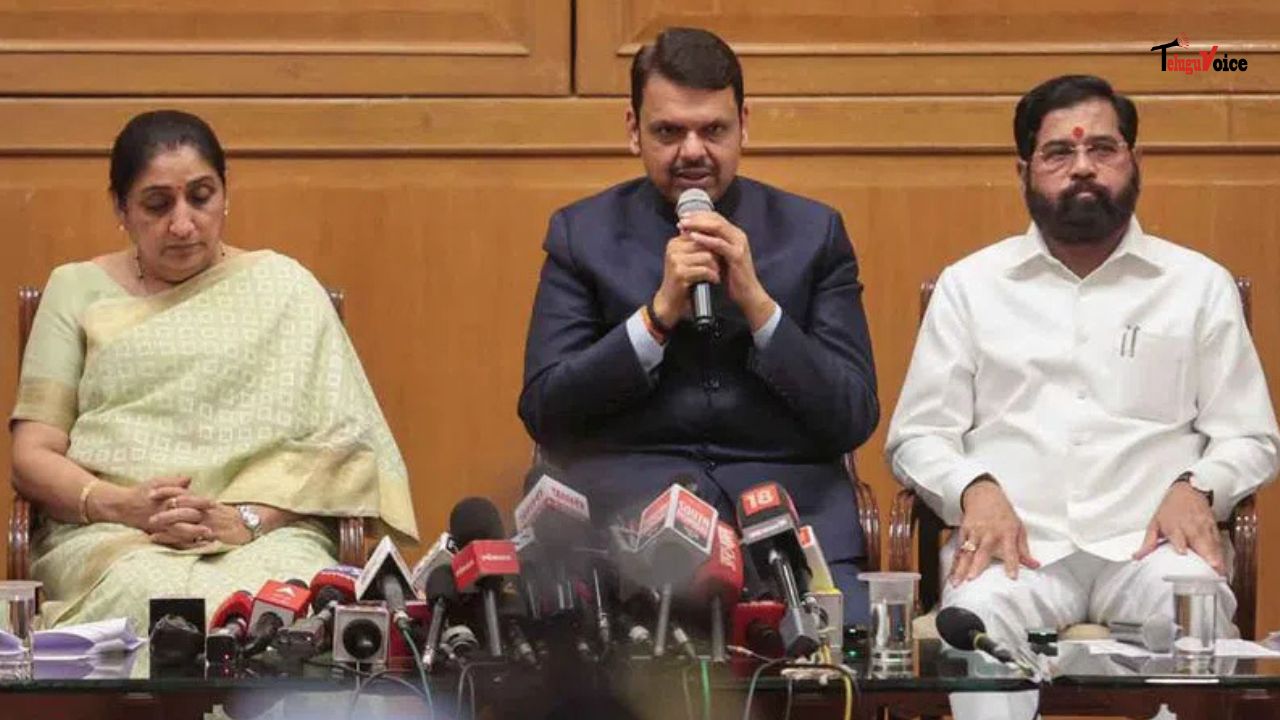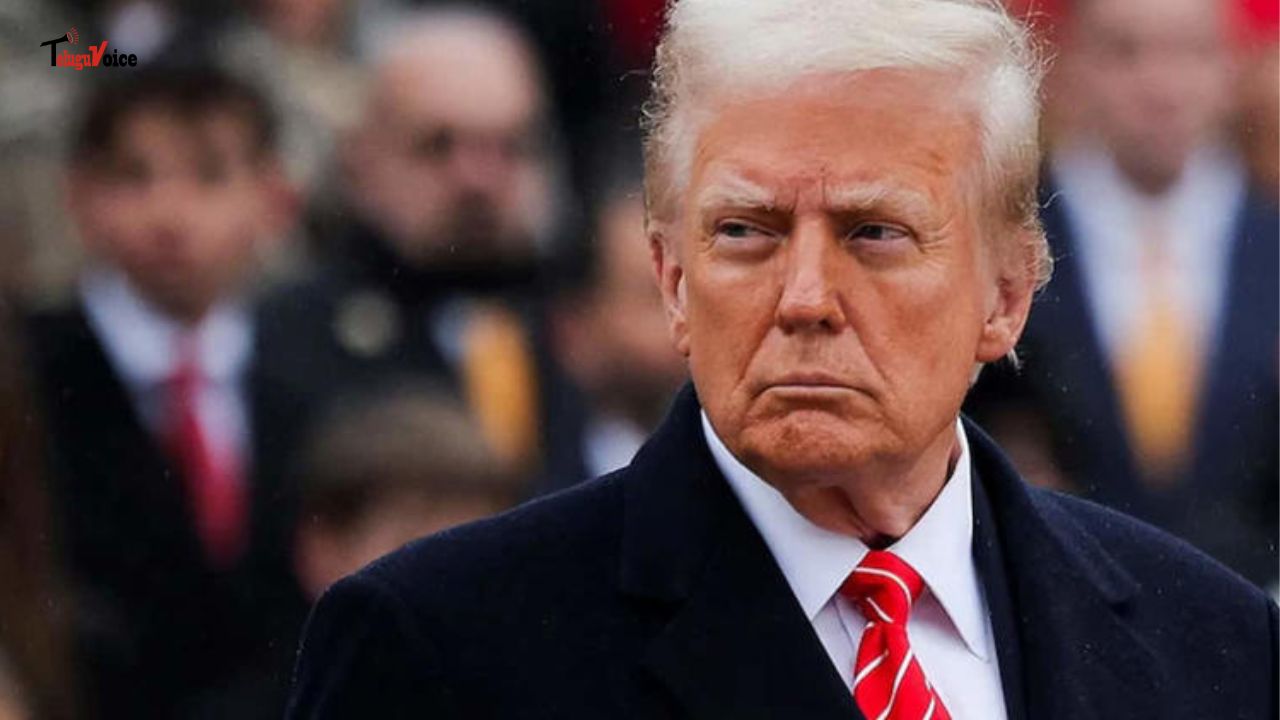India Refuses SCO Joint Statement Over Terrorism Language

India has taken a firm diplomatic stand by refusing to endorse the joint communique at the Shanghai Cooperation Organisation (SCO) Defence Ministers’ Meeting in Qingdao, China. The key issue was the omission of references to cross-border terrorism, a sticking point strongly opposed by China and supported by Pakistan.
Defence Minister Rajnath Singh insisted that any joint declaration must address the ongoing threat of cross-border terrorism, referencing the recent Pahalgam attack in Jammu and Kashmir, allegedly perpetrated by Lashkar-e-Taiba. Singh’s firm stance led to a deadlock, and the SCO bloc ultimately opted not to release any joint statement — a rare outcome reflecting internal discord.
In his address, Singh accused some nations of using terrorism as state policy, indirectly targeting Pakistan. He reiterated India’s zero-tolerance approach and urged member nations to reject double standards when dealing with terror. Singh also emphasized that peace and prosperity cannot coexist with terrorism.
Singh’s visit included a bilateral meeting with Chinese Defence Minister Admiral Dong Jun — his first since the deadly Galwan Valley clash in 2020. The meeting aimed to revive stalled military communication, including the India-China hotline. However, tensions over border issues and China's diplomatic protection of Pakistan remain.
National Security Adviser Ajit Doval also echoed Singh’s views earlier at the SCO Security Council meeting. Without naming Pakistan, he highlighted the need to hold terror sponsors accountable.
India’s refusal to compromise reflects its strategic autonomy. Similar stands were taken against China’s Belt and Road Initiative at the 2023 SCO summit and proposals within BRICS. The absence of a communique underscores the growing rift between India and the China-Pakistan alliance, as New Delhi prioritizes national security over multilateral consensus.

 South Africa tour of India 2019
South Africa tour of India 2019










Comments